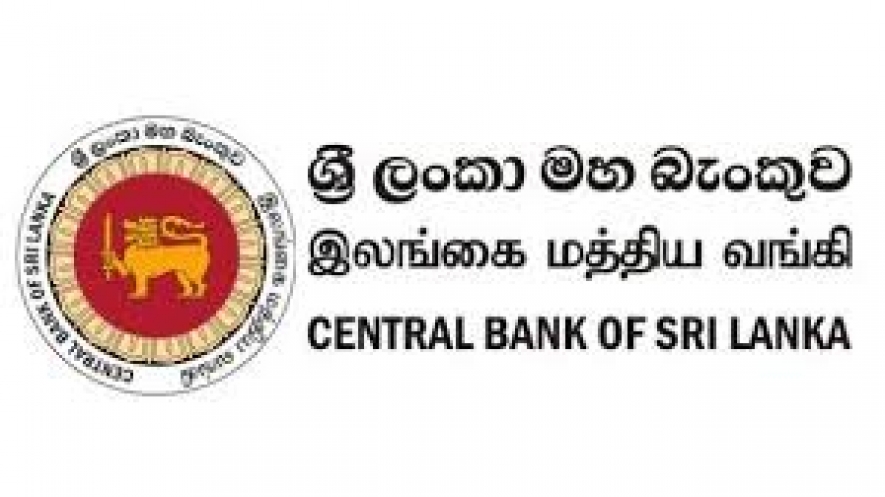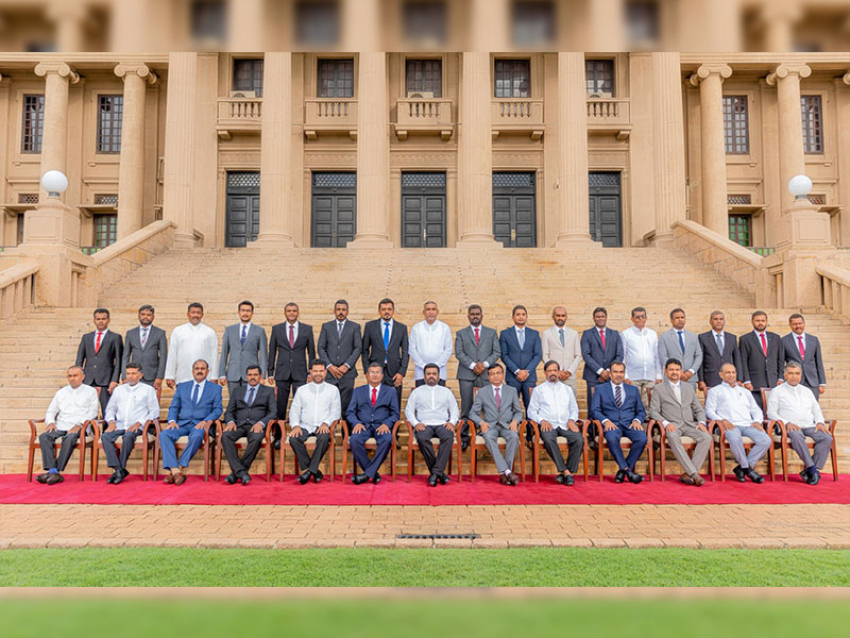The Bank said considering the favorable developments in inflation and inflation outlook as well as lower than expected real GDP growth that further widened the prevailing gap between actual and potential GDP growth, the Monetary Board, at its meeting held on 03 April 2018, decided to reduce the Standing Lending Facility Rate (SLFR) by 25 basis points.
Accordingly, the Monetary Board has decided to maintain the Standing Deposit Facility Rate (SDFR) unchanged at 7.25 percent and reduce the Standing Lending Facility Rate (SLFR) to 8.50 percent, while the Statutory Reserve Ratio remains at 7.50 percent.
Releasing the policy stance, the Central Bank said this decision to reduce SLFR is also expected to dampen the volatility observed in interest rates in the domestic market during the recent past.
According to the provisional estimates of the Department of Census and Statistics (DCS), the growth performance of the Sri Lankan economy in 2017 was sub-par having recorded a growth of 3.1 per cent (year-on-year) compared to the growth of 4.5 per cent (year-on-year) in 2016.
"While the Central Bank's monetary policy easing measure is expected to address the near term tepid growth prospects, it is essential that the planned structural reforms are carried out without delay for the economy to move towards a sustained high growth path in the medium term," the Bank said. The headline inflation continued to decline in March 2018 and is expected to be within the targeted levels during 2018, while export performance in January 2018 improved both in terms of price and volume, which however was outpaced by the increase in imports, widening the trade deficit.
However, improved foreign exchange inflows in the form of earnings from tourism as well as workers' remittances helped cushion the impact on the current account to some extent, the Bank said.




















